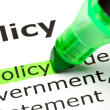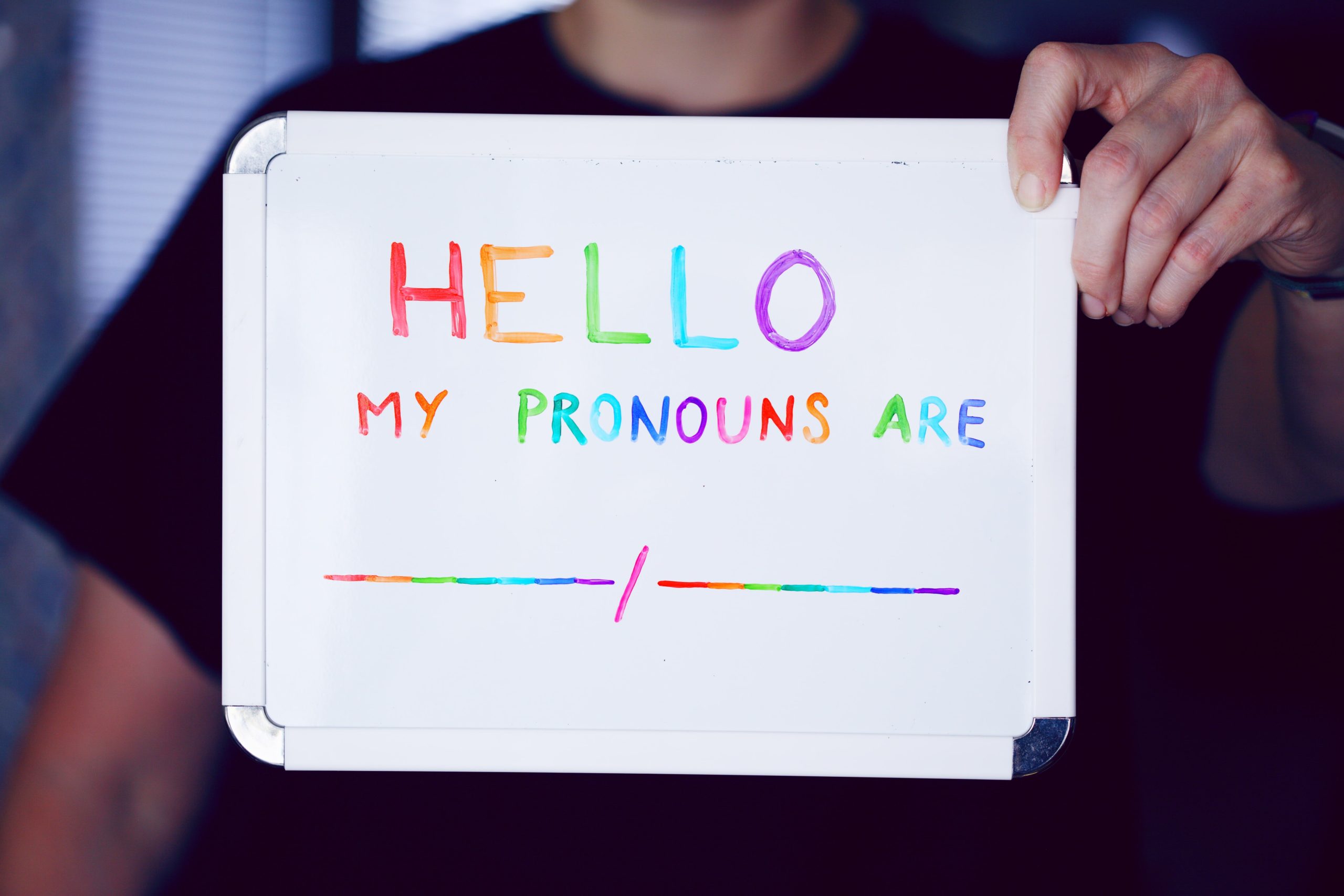As humans, we have been conditioned to accept authority figures and institutions without question. But what happens when those in power abuse their position or make decisions that negatively impact society? This is where questioning authority comes into play. By using a critical lens to hold institutions accountable, individuals can challenge the status quo and effect real change. In this blog post, we’ll explore the different types of authority, the pros and cons of questioning it, successful case studies, and tips for effective questioning. So let’s dive in!
What is questioning authority?
Questioning authority is the act of challenging institutions and individuals in positions of power. It involves critically examining their decisions, actions, or beliefs and seeking alternative perspectives to hold them accountable.
There are different types of authority we encounter in society such as political leaders, religious figures, parents, teachers, and experts in various fields. Each type has a level of influence over our lives that can affect how we think and behave.
Questioning authority does not mean outright rebellion or disrespect. Rather it is about recognizing that those in power are fallible human beings who can make mistakes or abuse their position for personal gain.
When people question authority thoughtfully and with purposeful intent they can bring attention to issues that may have gone unnoticed otherwise. In some cases questioning authority leads to important reforms that benefit society at large.
However, there are also drawbacks to questioning established authorities. Dissenters may be met with resistance from those who feel threatened by criticism or change. There is also a risk of being labeled as an outsider or troublemaker which can lead to exclusion from certain circles.
In summary, questioning authority means exercising critical thinking skills when evaluating actions taken by those in positions of power. When done effectively it has the potential to enact positive changes but should be approached carefully due to its inherent risks.
The different types of authority
Authority comes in different forms, and understanding the various types is essential when questioning it. The first type of authority is legal authority, which refers to power given to individuals by law or the government. For example, police officers have legal authority over citizens.
The second type of authority is charismatic authority, which stems from a person’s personality traits or inspirational leadership qualities. Charismatic leaders often inspire followers through their words and actions.
Bureaucratic authority is another form of influence that arises from an individual’s position within a formal organization or hierarchy. This can include managers or executives who hold decision-making power over employees.
There is moral or ethical authority, which comes from acting in line with widely accepted moral principles. Individuals who possess this kind of influence are often seen as role models for others to follow.
It’s important to note that these different types of authorities intersect and overlap in many situations. Understanding where each type fits into your specific situation will help you better identify the right ways to approach questioning it effectively.
Pros and cons of questioning authority
Questioning authority can be a powerful tool for holding institutions accountable. However, there are both pros and cons to consider before challenging those in positions of power.
One pro of questioning authority is that it can lead to positive change. When people speak up about injustices or questionable practices within an institution, it can bring attention to issues that may have otherwise gone unnoticed. This increased awareness often leads to action being taken to address the problem.
On the other hand, questioning authority can also lead to negative consequences for individuals who challenge those in power. People who speak out may face backlash or even retaliation from the institution they are criticizing. This could come in the form of losing their job, being ostracized by colleagues, or facing legal repercussions.
Another potential con is that questioning authority could result in decreased trust in institutions overall. If people become too skeptical of all sources of information and refuse to believe anything without proof, this could make it difficult for institutions like governments and media outlets to do their jobs effectively.
While questioning authority has its benefits when done productively and constructively, there are also real risks involved that must be carefully considered before speaking out against those with more power than oneself.
Case studies of when questioning authority was successful
The power of questioning authority has been demonstrated time and time again throughout history. From civil rights movements to political scandals, asking critical questions of those in positions of power can lead to significant change.
One example is the Montgomery Bus Boycott that began in 1955 when Rosa Parks refused to give up her seat on a bus. This act sparked a movement where African Americans boycotted the city buses for over a year, demanding an end to segregation on public transportation. Despite facing backlash and arrests, the boycott was successful with the Supreme Court ruling that segregation on public buses was unconstitutional.
Another case study is Watergate scandal during Nixon’s presidency. The Washington Post reporters Bob Woodward and Carl Bernstein questioned the official story given by authorities about a break-in at Democratic National Committee Headquarters in Washington D.
C.. Through their persistent investigation and questioning authority, they uncovered evidence linking President Nixon’s administration to illegal activities resulting in his resignation from office.
In recent times, members of #MeToo movement have used social media platforms to question authority figures accused of sexual misconduct leading them being held accountable for their actions both legally and socially.
These examples demonstrate how critical thinking coupled with challenging established narratives can bring about real change when it comes holding institutions accountable.
How to question authority effectively
Questioning authority can be a daunting task, but it is important for holding institutions accountable. Here are some tips on how to question authority effectively:
1. Do your research: Before questioning an authority figure, make sure you have done your homework. Gather as much information as possible about the issue at hand and any relevant policies or regulations.
2. Choose the right time and place: It’s important to choose the right time and place to question authority figures. Avoid confrontational situations, such as public events or meetings, and instead opt for private conversations or written correspondence.
3. Stay calm and respectful: When questioning an authority figure, it’s important to remain calm and respectful throughout the conversation. This will help ensure that your message is heard without causing unnecessary conflict.
4. Ask open-ended questions: Rather than asking yes-or-no questions, try asking open-ended questions that allow for more detailed answers from the authority figure.
5. Be persistent: Don’t give up if you don’t get satisfactory answers right away – keep pushing until you get the information you need.
By following these tips, individuals can effectively question authority figures in a way that promotes transparency and accountability within institutions.
Conclusion
In summary, questioning authority is a critical lens that can hold institutions accountable. It allows individuals to challenge the status quo and demand transparency, fairness and justice. However, it also comes with risks such as backlash, retaliation or punishment. Nevertheless, history has shown us that when people come together to question authority in peaceful and constructive ways, change can happen.
Therefore, we must continue to cultivate a culture of critical thinking and civic engagement so that more people feel empowered to speak up against injustice and inequality. We must encourage our leaders to be receptive to feedback from their constituents and engage in dialogue rather than dismissing dissenting voices outright.
Above all, we need to remember that no institution or individual is infallible or above scrutiny. By holding ourselves accountable for our actions and challenging those who abuse their power or privilege through thoughtful critique rooted in facts and evidence-based reasoning; we can create a fairer society for all.










